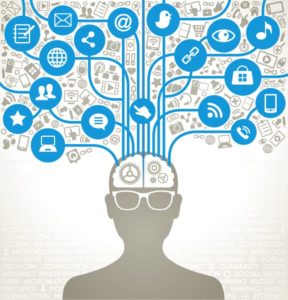Researchers at Binghampton University have developed what they say is a 100 percent accurate brainwave-based authentication system.
 The so-called “brainprint” system analyzes brain activity as recorded via electroencephalogram (EEG) while subjects look at images. The image content itself—a boat, a pizza slice—doesn’t seem to matter very much; it’s the distinct brain patterns emerging from looking at the images that are remarkable, as they are unique to each individual and thus can be used for identification and authentication.
The so-called “brainprint” system analyzes brain activity as recorded via electroencephalogram (EEG) while subjects look at images. The image content itself—a boat, a pizza slice—doesn’t seem to matter very much; it’s the distinct brain patterns emerging from looking at the images that are remarkable, as they are unique to each individual and thus can be used for identification and authentication.
The findings mirror those of other recent studies, including a Yale team’s research, published last autumn, that found unique individual brain patterns emerging from fMRI scans as subjects performed cognitive tasks, which also provided a “near-perfect” means of authentication.
Still, it’s an experimental system and there are caveats. The Binghampton team used only 50 subjects looking at 500 images. A larger sample size will likely be needed to verify the claims of 100 percent accuracy. Moreover, in its current form their system requires electrodes connected to the subject’s scalp, which would probably rule out most consumer and large-scale applications of the technology.
Still, it’s an exciting area of research that could lead to highly reliable forms of passive authentication in the months and years to come, and one that is likely to see further exploration from other researchers.
Source: Wired
—
April 19, 2016 – by Alex Perala


Follow Us